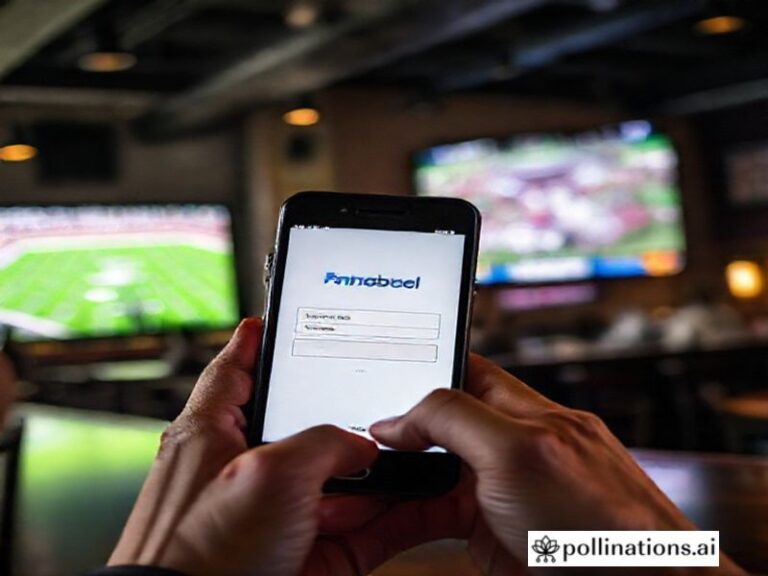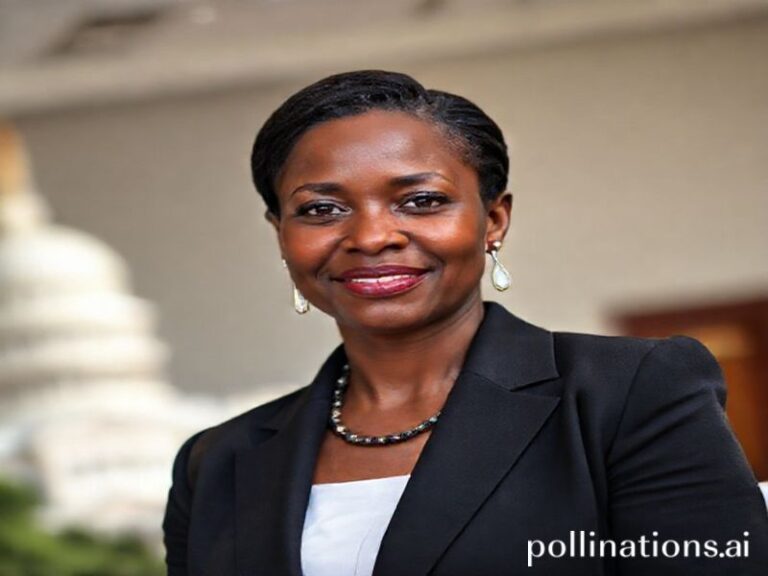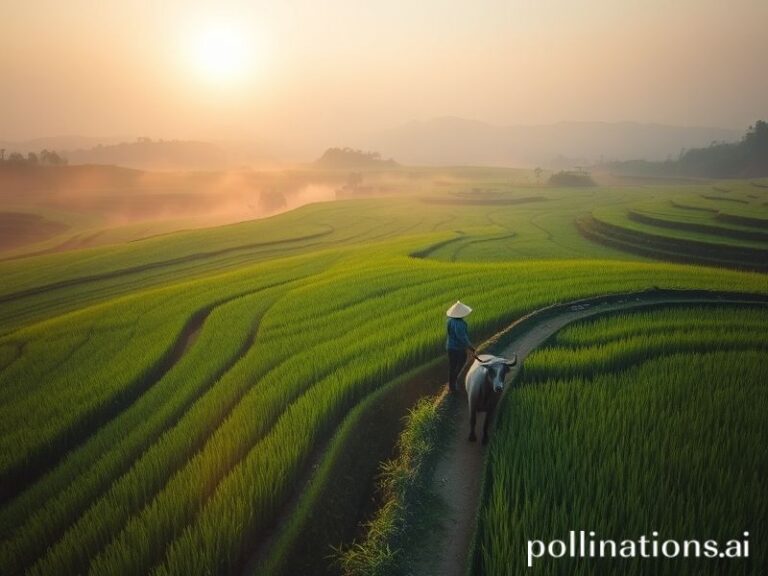Global Sunrise Briefing: How the World Says ‘Good Morning’ While Pretending Everything’s Fine
Good morning, planet. The phrase itself is a geopolitical anomaly—cheerful, optimistic, and about as reliable as a cease-fire in a sandbox. Every dawn, 7.9 billion humans attempt the ritual: a grunt in Lagos, a bow in Kyoto, a WhatsApp voice note from a cousin who definitely screenshotted your last conversation. Yet behind the pleasantry lurks the same grim arithmetic: the sun has returned, the rent is still due, and somewhere a billionaire’s yacht just got three centimeters longer while you slept.
In France, “Bonjour” carries the weight of the Académie Française; mispronounce it and you may be sentenced to an extra hour of existential shrug therapy. Cross the Channel and the British serve a muttered “Mornin’” that sounds like an apology for still existing. In New York, the phrase is delivered at 180 bpm between sips of over-roasted bean juice; in Finland, it’s an intimate confession murmured only after vodka and mutual silence. The global south often skips the niceties entirely—why waste syllables on optimism when the power grid is already napping?
Diplomatically, “good morning” is the opening gambit in every multilateral train wreck. Picture the UN cafeteria at 8:03 a.m.: delegates from 193 nations queue for lukewarm coffee, each rehearsing a variation of the phrase that translates roughly to “I haven’t had enough caffeine to pretend to like you yet.” By 8:07 they’re accusing one another of currency manipulation via pastry selection. Meanwhile, the interpreter booths toggle between twenty-four languages, all of which contain at least one idiom for “I hope your day is marginally less catastrophic than yesterday.”
Stock exchanges treat the greeting as a punchline. In Tokyo, traders shout “Ohayō” milliseconds before the Nikkei plunges; in London, “Morning, chaps” heralds another round of algorithmic self-immolation. Wall Street has replaced the phrase with a proprietary emoji that looks like a yawning bald eagle clutching a subpoena. The net effect is the same: an audible shrug before the bloodletting begins.
Of course, technology has gamified sunrise. Apps now rank your “morning streak” like a credit score for optimism. Miss one cheerful push notification and you’re digitally demoted to “cryptic owl” status, doomed to receive motivational quotes from venture-capitalist poets. In Seoul, subway ads promise an AI that whispers personalized affirmations based on your REM cycle and outstanding student debt. Early beta testers report dreaming exclusively of spreadsheets.
The climate, ever the party pooper, is rewriting the script. In Delhi, “good morning” is muffled behind N95 chic; in Sydney, it competes with the soundtrack of volunteer firefighters. The Arctic—now leasing beachfront—has introduced “polar dawn,” a pale-blue event where the sun forgets to clock in until noon, much like the rest of us. Scientists predict that by 2040 the phrase will be auctioned as a luxury good, available only to subscribers of Oxygen+.
And yet, humans persist. A Syrian baker in Zaatari greets his first customer with the same lilt his grandfather used in Aleppo, proving that stubborn hope travels lighter than luggage. In São Paulo, a street vendor layers “bom dia” between slices of mortadella like mortar between bricks, holding the city together one sandwich at a time. Even the International Space Station beeps a synthesized “good morning” at 90-minute intervals—an orbital reminder that, viewed from above, the day’s disasters are still smaller than one sunrise.
So here we are, another rotation complete, another chance to pretend the ledger balances. Say it with conviction or say it through clenched teeth; the Earth will spin regardless. Just remember: whether whispered, shouted, or auto-corrected into “goat mourning,” the phrase is less prophecy than placebo. Take it, swallow with water, and try not to read the side effects. Morning has broken—again—and the warranty, as always, is not included.







